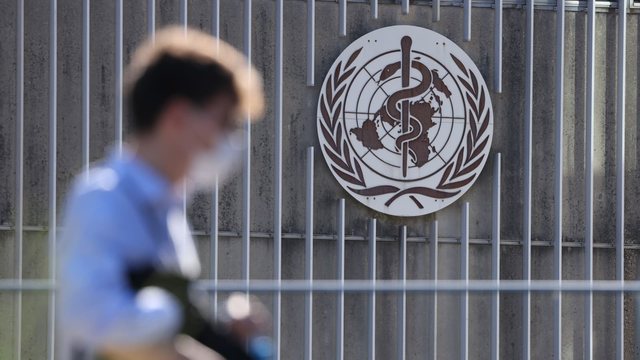
The World Health Organization says a new working group could be the last chance to trace the origins of Covid-19. It has appointed 26 experts to join the body, the Scientific Advisory Group on the Origins of New Pathogens (Sago).
More than a year and a half since the virus was discovered in the Chinese city of Wuhan, the question of how it first appeared remains unclear.
The team will consider whether the virus was transmitted from animals to humans at Wuhan markets or if it leaked in a laboratory accident. China has strongly opposed the second theory.
In February, a WHO team tasked with investigating Covid's origin flew to China and concluded that the virus may have come from bats, but that more work was needed. The team called the lab flow theory "extremely impossible." But WHO Director-General Dr Tedros Adhanom Ghebreyesus later said the investigation was hampered by a lack of data and transparency from China.
The proposed members of the Sago group include six experts who visited China as part of the previous team. In addition to the coronavirus, Sago will also look at the origins of other high-risk pathogens.
"Understanding where new pathogens come from is essential to preventing future outbreaks," Dr Tedros said.
In a joint editorial in Science magazine, Dr Tedros and other WHO officials said a laboratory accident could not be ruled out.
Michael Ryan, director of WHO emergencies, said Sago's work could be "the last chance to understand the origin of this virus".
The new group announcement comes after CNN reported that China was preparing to test tens of thousands of blood bank samples taken in the first months of the pandemic. But Chen Xu, China's ambassador to the UN in Geneva, said Sago's work should not be "politicized".
"It's time to send teams to other countries," he said.
Adapted from BBC





